Health Science
The Health Science career cluster encompasses a wide range of careers that involve promoting health, preventing and treating illnesses, and providing medical care and support to individuals and communities. This cluster is essential for maintaining the well-being of individuals and society as a whole.
Career Options
The Health Science career cluster plays a critical role in maintaining and improving the health and well-being of individuals and communities. It offers diverse career opportunities for individuals who are passionate about making a positive impact on people’s lives through medical care, research, education, and support services. Here’s an in-depth overview of the key components and careers within the Health Science career cluster:
This aspect focuses on direct patient care and medical treatment. It includes careers such as physicians, surgeons, nurses, physician assistants, and other medical practitioners who diagnose, treat, and manage illnesses and injuries.
Public health professionals work to improve and protect the health of communities and populations. This includes roles in epidemiology, health education, community outreach, and policy advocacy.
Diagnostics professionals perform tests and assessments to aid in disease detection and patient care. This includes careers such as medical laboratory technicians, radiologic technologists, and diagnostic medical sonographers.
Therapeutic professionals provide various forms of treatment and rehabilitation. This includes careers such as physical therapists, occupational therapists, speech-language pathologists, and respiratory therapists.
EMS professionals provide immediate medical care in emergency situations. This includes paramedics, emergency medical technicians (EMTs), and first responders.
Support services roles provide administrative, technical, and logistical assistance to healthcare facilities. This includes careers such as medical and health services managers, medical coders, medical transcriptionists, and health information technicians.
Nutritionists and dietitians provide guidance on healthy eating and create personalized diet plans to manage medical conditions and promote overall well-being.
Professionals in this area offer non-traditional treatments and therapies, such as acupuncture, chiropractic care, and herbal medicine.
Industry-Recognized Credentials (IRCs)
Industry Recognized Credentials (IRCs) can greatly benefit high school students interested in the Health Science career cluster by enhancing their skills and knowledge and making them more competitive in the job market or when pursuing further education in the field. It’s important to research each certification to understand its requirements, benefits, and relevance to the specific career path within the Health Science cluster. Some certifications may require students to complete training programs or gain practical experience before becoming eligible for the exam.
Here are some IRCs that high school students can consider pursuing in the Health Science cluster:
This certification is for individuals interested in providing basic patient care under the supervision of nurses. It’s a valuable entry point for students interested in nursing careers.
EMT certification is for students interested in emergency medical services. EMTs provide basic life support and respond to medical emergencies.
This certification focuses on administrative and clerical skills in healthcare settings. It’s valuable for students interested in medical office management.
Pharmacy technician certification prepares students to assist pharmacists in dispensing medications and managing pharmacy operations.
While not directly in the health science field, this certification is relevant for students interested in fitness and wellness.
FLEX offers exchange programs for high school students to live and study in the United States, promoting mutual understanding and cultural exchange.
Benefits: FLEX participants gain insights into American government, civic engagement, and leadership, fostering global awareness and cross-cultural skills.
BLS certification teaches students CPR and other life-saving techniques. It’s valuable for anyone interested in healthcare.
Understanding medical terminology is essential in the health science field. Certifications in medical terminology can enhance students’ knowledge.
This certification covers skills related to patient care, including taking vital signs, performing EKGs, and more.
This certification, often required for healthcare professionals, teaches advanced life support skills.
This certification prepares students to provide care to individuals in their homes, often assisting with daily activities and healthcare needs.
This certification combines administrative and clinical skills, making it ideal for students interested in well-rounded healthcare roles.
This certification is for students interested in drawing blood and working in clinical laboratories.
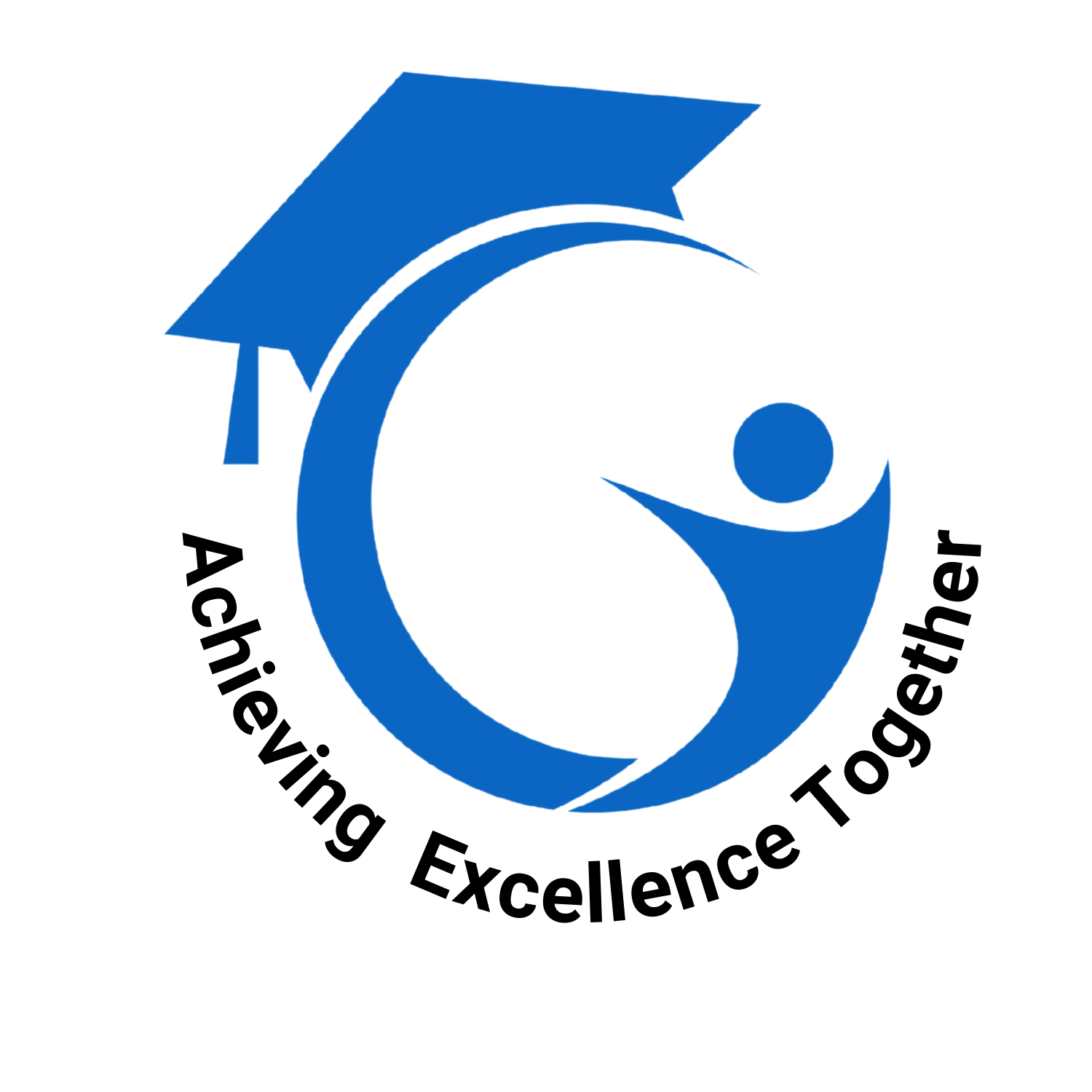








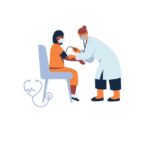

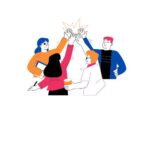
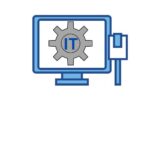


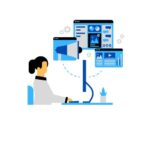
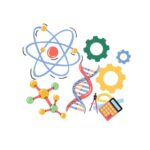

Get involved!
Comments